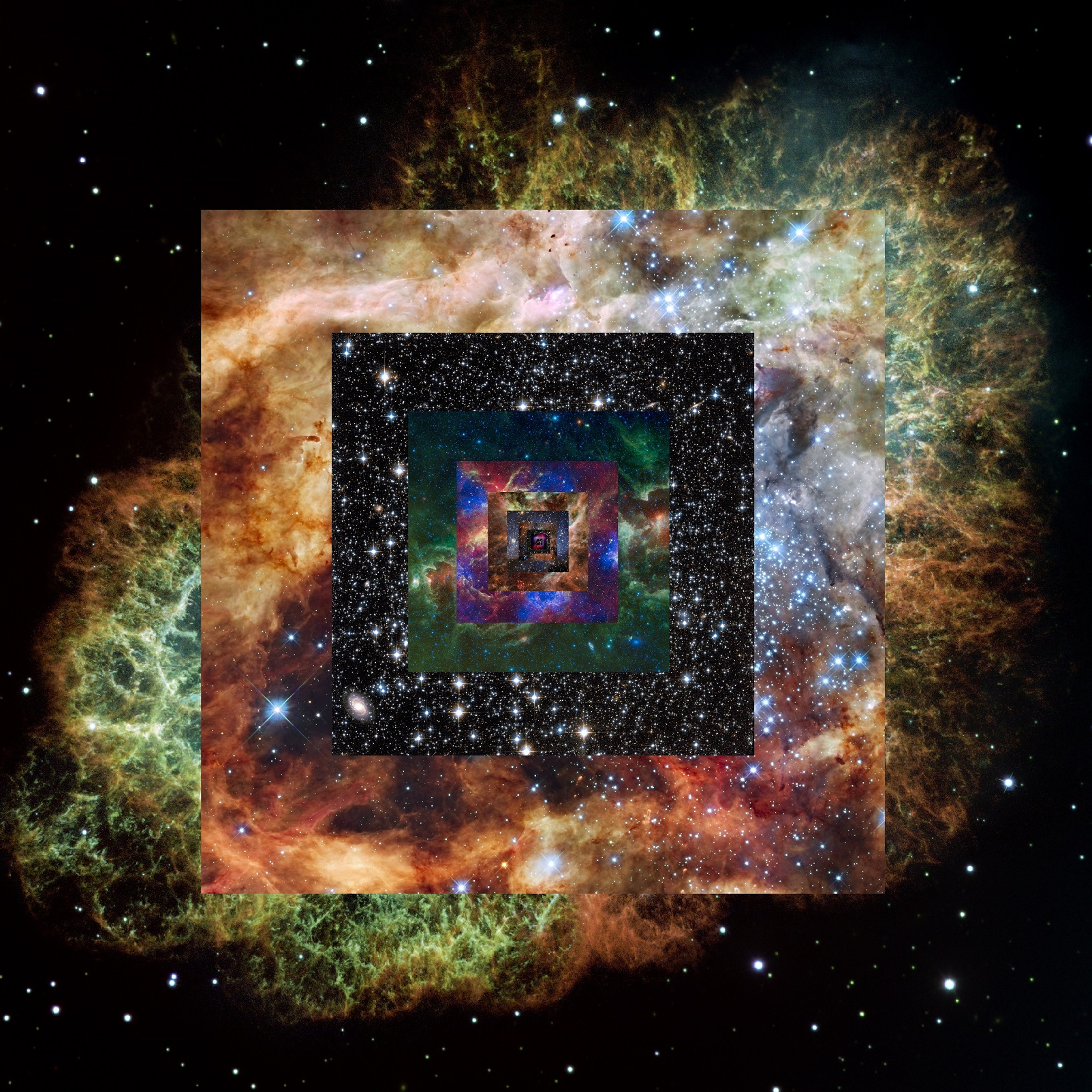
The dawn of the 21st century has seen a renaissance in the genre of science fiction. As we grapple with rapid technological advancement, climate change, and evolving societal structures, science fiction serves as a creative playground for exploring these themes. This article will delve into some of the most influential sci-fi novels and series since 2000, illuminating their impact on the genre and society at large.
“The Expanse” Series by James S.A. Corey
Starting with “Leviathan Wakes” in 2011, “The Expanse” series has revitalized space opera for the 21st century. The series, comprising nine main novels, numerous short stories, and a successful television adaptation, is lauded for its realistic portrayal of space travel and societal conflict. It weaves a complex narrative around a diverse cast of characters, exploring themes like colonialism, socio-political tension, and the human response to alien technology.
“Black Mirror” by Charlie Brooker
“Black Mirror” is a television anthology series that has profoundly influenced sci-fi since its debut in 2011. Each standalone episode explores the dark side of technology and its potential impacts on society. From social credit systems to consciousness uploading, “Black Mirror” is both a chilling dystopian critique and a thought-provoking exploration of our relationship with technology.
“The Three-Body Problem” by Liu Cixin
“The Three-Body Problem” is the first novel in the “Remembrance of Earth’s Past” trilogy by Chinese author Liu Cixin. Published in 2008, it gained international acclaim for its hard sci-fi approach and its unique perspective on first contact with alien civilizations. The novel has influenced a generation of readers and writers alike and has brought Chinese science fiction into the global spotlight.
“Altered Carbon” by Richard K. Morgan
Richard K. Morgan’s 2002 novel “Altered Carbon” redefined cyberpunk for the new millennium. Set in a future where consciousness can be transferred between bodies, it explores themes like immortality, identity, and wealth disparity. Its gritty narrative and philosophical musings have greatly influenced the genre, spawning a successful Netflix adaptation and two sequels.
“The Road” by Cormac McCarthy
While “The Road” (2006) may not be a traditional sci-fi novel, its influence on post-apocalyptic narratives is undeniable. McCarthy’s bleak portrayal of a father and son traversing a desolate, post-apocalyptic landscape has resonated deeply with readers, spurring reflections on humanity, survival, and the fragility of civilization. The novel won the Pulitzer Prize for Fiction in 2007 and was adapted into a critically acclaimed film.
In Conclusion: The Power and Influence of Sci-Fi
These works represent a fraction of the innovative and influential sci-fi that has emerged in the 21st century. They reflect our current anxieties, hopes, and curiosities about the future, offering speculative scenarios that challenge us to think critically about our world and the direction in which it’s heading.
The power of science fiction lies not only in its ability to predict the future but also in its capacity to reflect the present. By offering new perspectives and asking tough questions, these influential sci-fi novels and series have made us ponder our place in the universe, our relationship with technology, and the essence of our humanity. As we continue to explore the frontiers of science and society, one can only wonder what captivating stories the future of sci-fi holds.



